plant
The main use for “plant” is as a noun or a verb for domesticated vegetation, but it can also be used for buildings and as a verb that is similar to “put.”
- Every spring we plant vegetables in our garden. (verb)
- We have several tomato plants. (noun)
- A new auto plant is being built in our town. (noun: building)
- We planted ourselves in some folding chair on the beach and watched the sunset. (plant = put in a place)
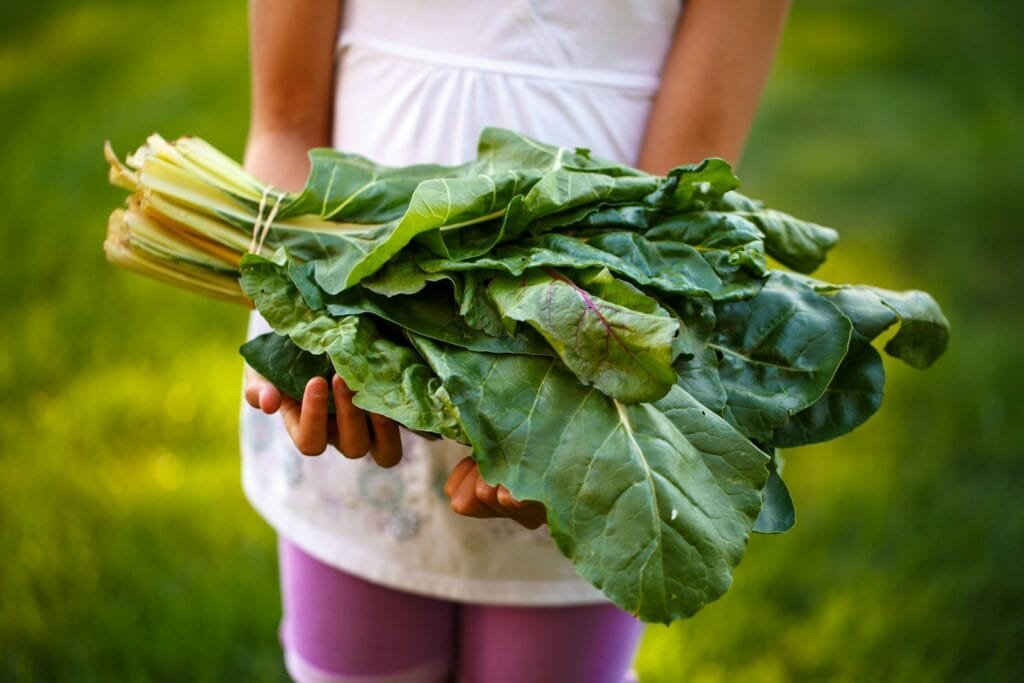
People plant vegetables in order to harvest and eat them.
a. Use "plant" as a verb.
To plant something is to put it into a container full of dirt, or seeds go into the soil in order to grow a large quantity of food.
- Farmers plant their crops in the spring. (crops = the type of plant grown to be harvested for food or industrial uses)
- In the midwestern United States, farmers plant corn and soybeans.
- This year I planted a lot of tomatoes in my backyard.
- People who plant pumpkins harvest their crops in the fall.
- My friends, Bob and Jenny, are planting green beans and potatoes.
- Have you ever planted a garden?
a. Use "plant" as a verb.

- He plants crops in the spring for a fall harvest.
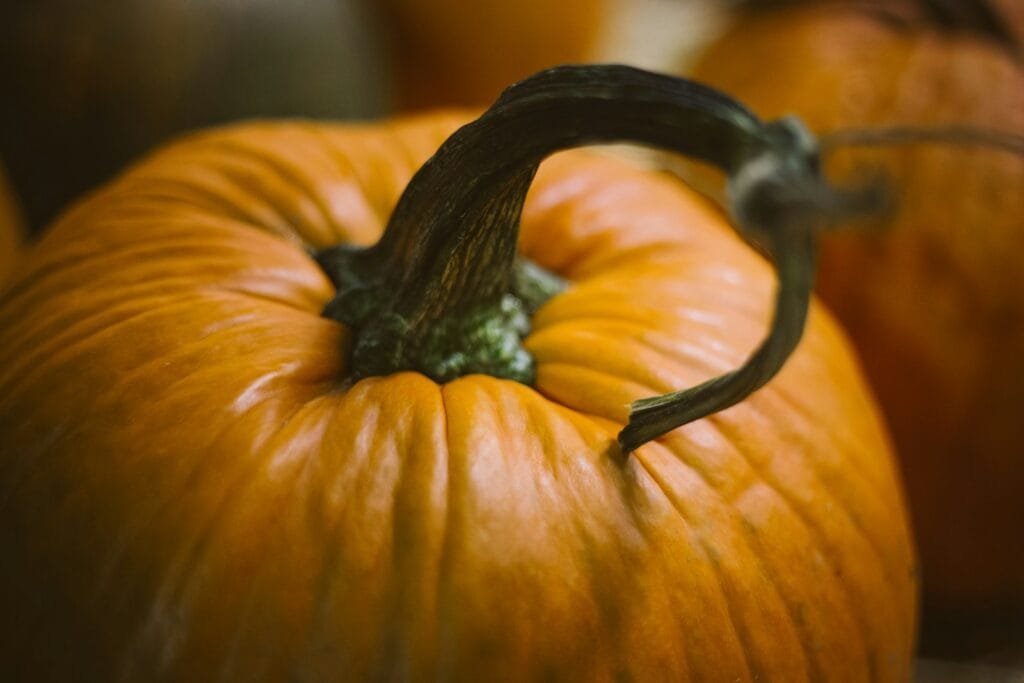
- We plant pumpkins every year hoping for a successful yield.
b. Use "plant" as a noun.
A plant is something that goes into soil or into the ground. This word is generally used for things that are small–seedlings or seeds.
- An easy way to start a garden is to buy small plants and put them into the ground.
- Every year I buy tomato plants instead of trying to start the plants from seed.
- Houseplants are useful in providing fresh oxygen to indoor spaces.
- Maria gave her friend, Isabella, a houseplant as a gift.
- Stores that sell plants are called nurseries or garden centers.
b. Use "plant" as a noun.
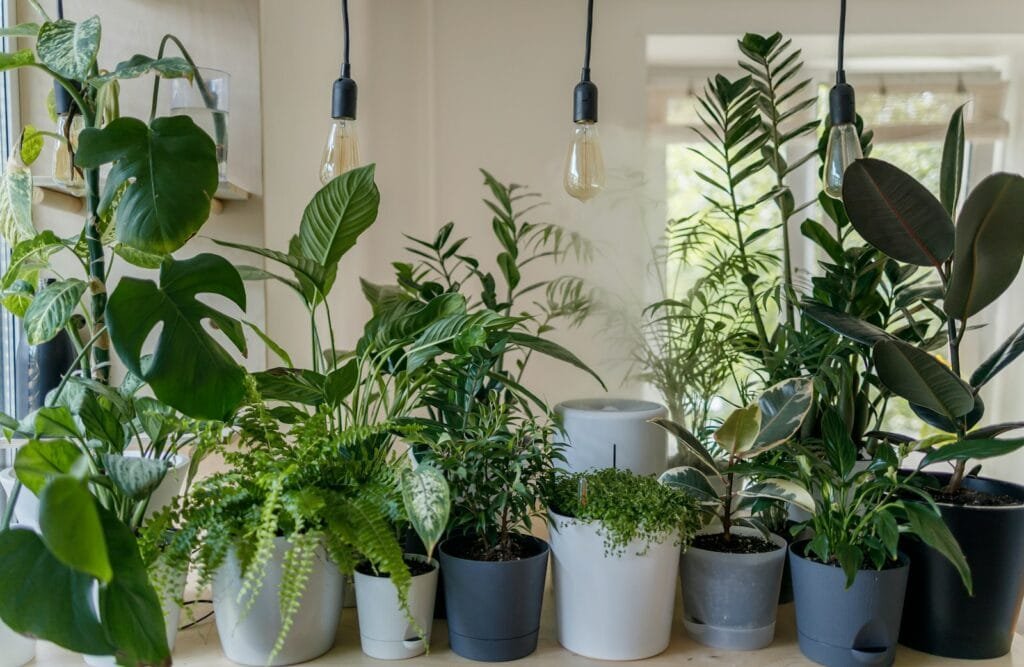
- Plants help to brighten up the room and provide fresh oxygen.
- These are houseplants.
c. plant = building
Another way to use “plant” as a noun is when referring to buildings that are used for factory work.
- An auto plant at the edge of the town builds Toyotas.
- There was a very large Ford plant in St. Paul, but they tore it down to make way for new residential construction.
- Ron had his job at the plant for over 30 years.
- My friend, Asma, works at a manufacturing plant in the area of quality control.
- Nuclear power plants are not popular among people who have to live near them.
- People employed by a water treatment plant constantly check water quality and safety.
c. keep = prevent / protect
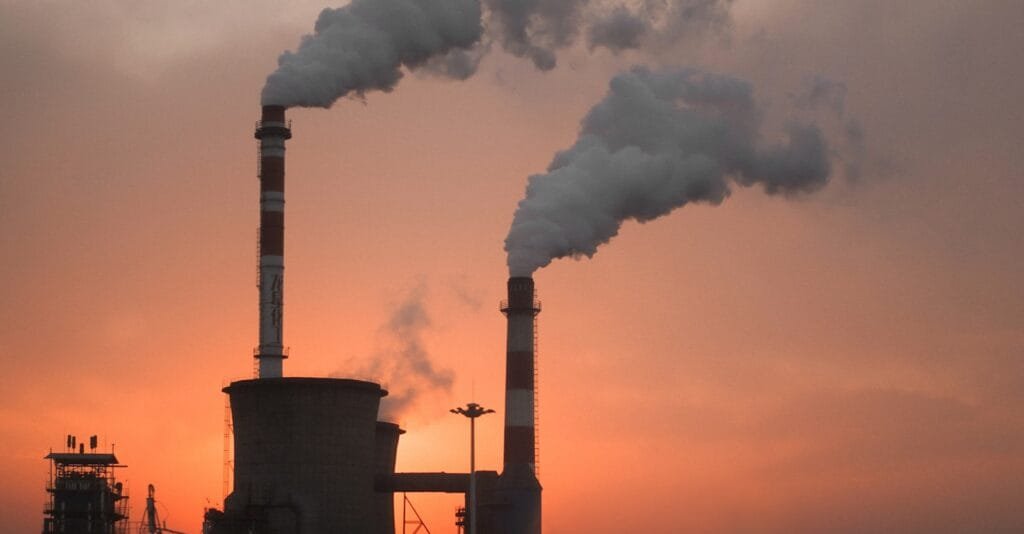
- A coal plant burns coal to produce energy.
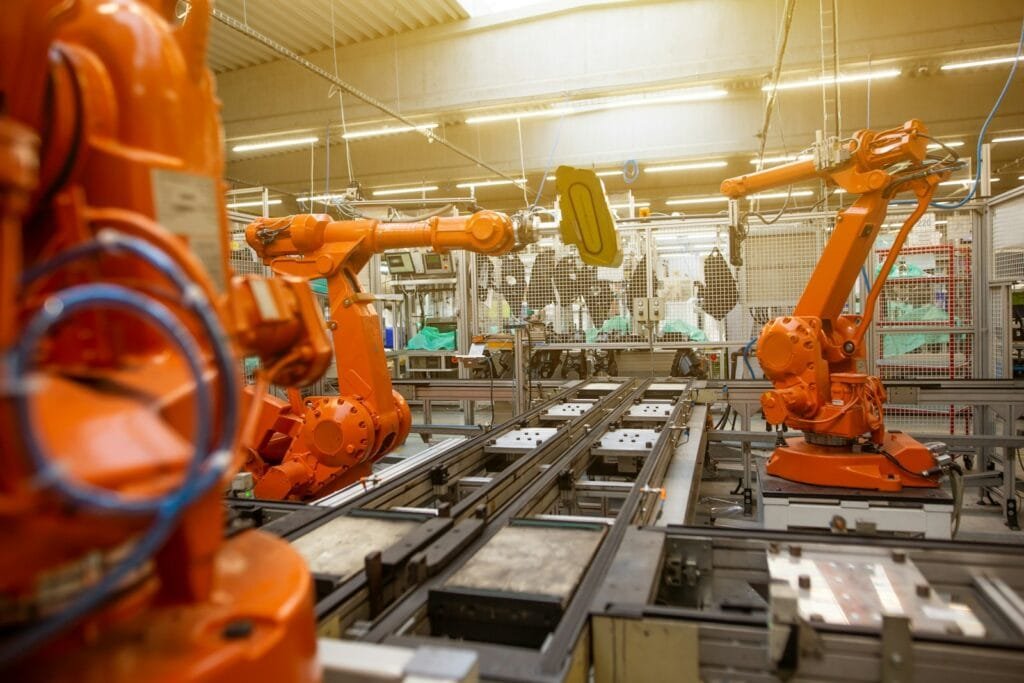
- This plant uses robots to do some of the work.
d. plant = put
To plant something is to put it or a person in one place for a long time. In this way, the word is used for things other than for plants.
Notice the use of reflexive pronouns in the first three examples:
- Plant yourself by the river and watch the boats go by.
- Tobias planted himself in front of the TV to watch a soccer match.
- Let’s plant ourselves right here for the next few hours.
- The F.B.I. planted a listening device inside a suspect’s hotel room.
- Spies are planted inside government agencies and corporations in order to obtain information.
d. plant = put
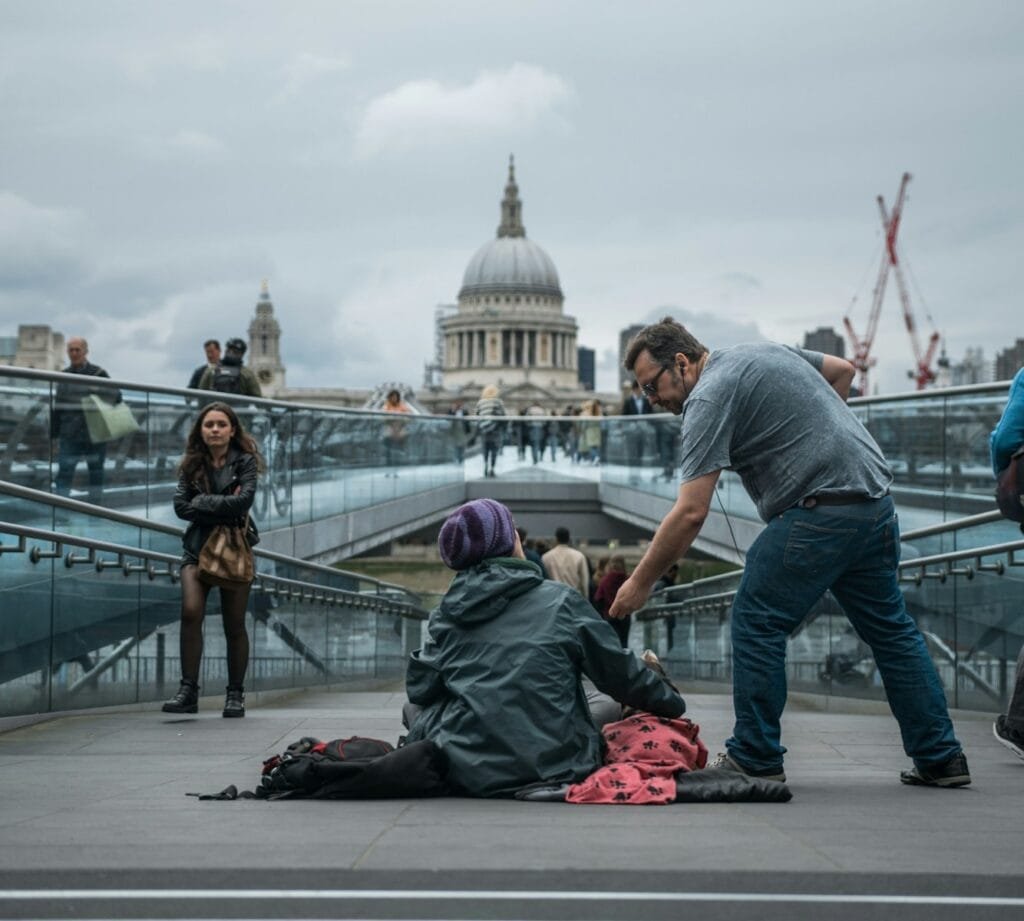
- He planted himself on a public plaza in order to collect donation from passersby.

- Passengers at an airport plant themselves on chairs while waiting for their planes to depart.
